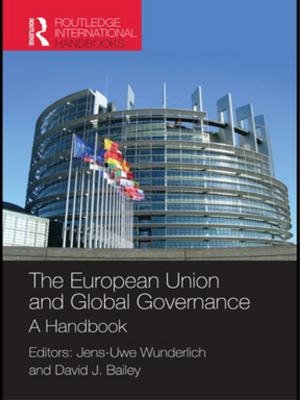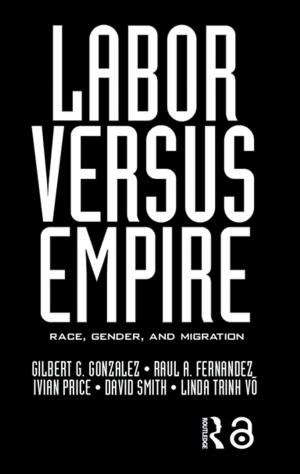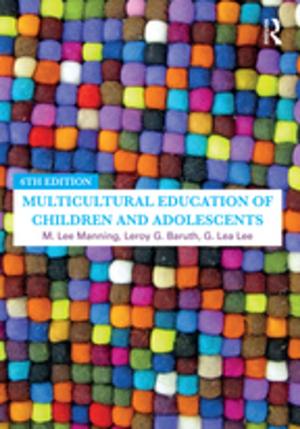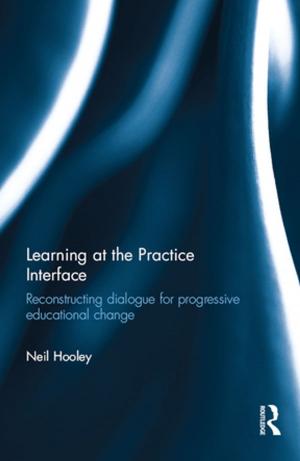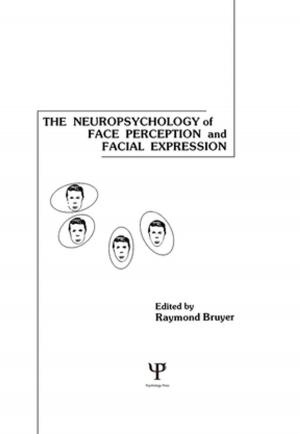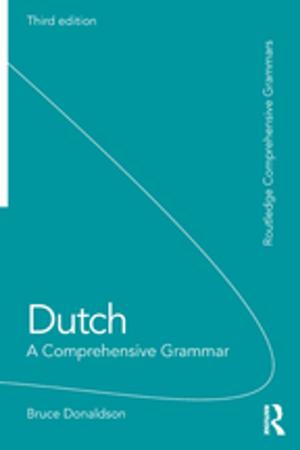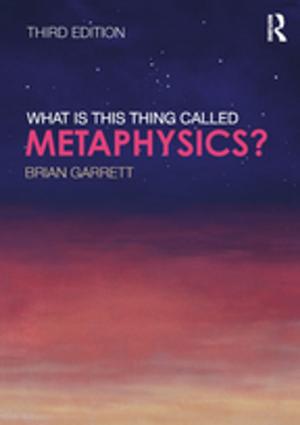Beyond Evangelicalism
The Theological Methodology of Stanley J. Grenz
Nonfiction, Religion & Spirituality| Author: | Steven Knowles | ISBN: | 9781351955669 |
| Publisher: | Taylor and Francis | Publication: | December 5, 2016 |
| Imprint: | Routledge | Language: | English |
| Author: | Steven Knowles |
| ISBN: | 9781351955669 |
| Publisher: | Taylor and Francis |
| Publication: | December 5, 2016 |
| Imprint: | Routledge |
| Language: | English |
A prolific author and thinker, Stanley J. Grenz was a respected and influential figure, not only within evangelicalism but in the wider theological world. Amongst the many issues tackled by him it is perhaps his revisioning of evangelical theology in the light of the postmodern challenge that has caused the biggest stir in the theological world. Advocating a nonfoundationalist methodology, Grenz attempts to re-position evangelical theology in line with postmodern concerns. This work examines the main traits of postmodern thought that would seem to directly challenge how evangelical theology is traditionally done. An examination of the seminal influences on Grenz will be traced in order to understand more fully the position he takes. A rigorous critique and assessment of his theological methodology will follow with the conclusion that his work goes beyond evangelicalism. This will be the first book length treatment on Grenz's work on theological methodology and therefore will break new ground in this important area of study.
A prolific author and thinker, Stanley J. Grenz was a respected and influential figure, not only within evangelicalism but in the wider theological world. Amongst the many issues tackled by him it is perhaps his revisioning of evangelical theology in the light of the postmodern challenge that has caused the biggest stir in the theological world. Advocating a nonfoundationalist methodology, Grenz attempts to re-position evangelical theology in line with postmodern concerns. This work examines the main traits of postmodern thought that would seem to directly challenge how evangelical theology is traditionally done. An examination of the seminal influences on Grenz will be traced in order to understand more fully the position he takes. A rigorous critique and assessment of his theological methodology will follow with the conclusion that his work goes beyond evangelicalism. This will be the first book length treatment on Grenz's work on theological methodology and therefore will break new ground in this important area of study.


